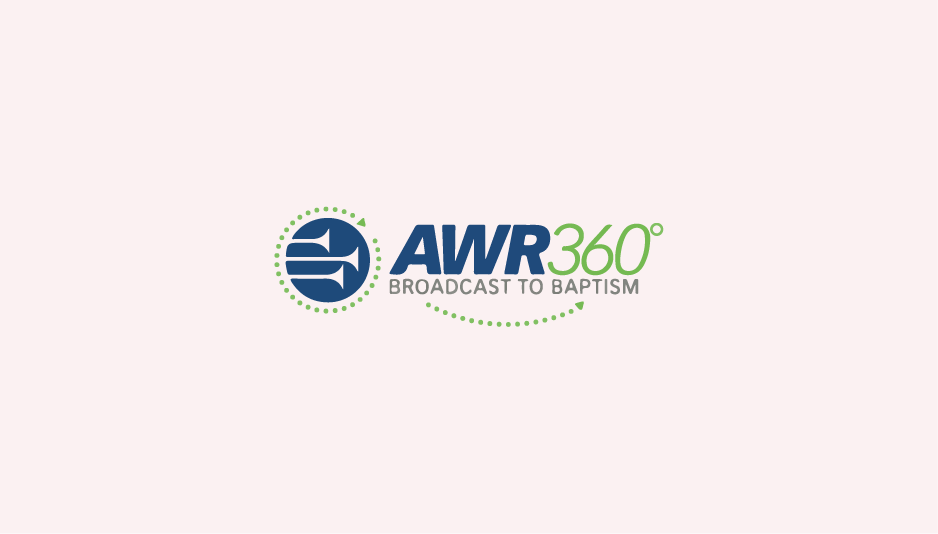Document360 helped us create a centralized repository with all the required information. It ensures that people can always use the latest rather than old information.
Richard Clark
Senior Technical Manager, (Un)Common Logic

(Un)Common Logic,
“Due to the information silos, finding documents that should take only five minutes used to take two hours because you had first to find out where the document lives. This eventually affects profitability.”
Location
Austin, Texas, USA.
Industry
Communications & media
Business Background
(Un)Common Logic is a Texas-based digital marketing agency providing a wide range of services such as paid media, search engine optimization, conversion rate optimization, social media marketing, and analytics. They also aim to be valued partners to all their customers, using customized strategies to help each client achieve their marketing and business growth goals.
Business Requirement
(un)Common Logic was looking to establish a centralized repository of all its internal knowledge so it was faster and easier to onboard new people as well as improve efficiencies for their experienced employees.
During the COVID-19 pandemic, when the entire company moved to remote work, (Un)Common Logic realized that they did not possess a single system for maintaining their internal documentation. Since their founding in 2008, different sets of information were held by different people in various formats like SharePoint, OneNote, Word documents, and even emails. When someone required information, it had to be emailed to them. New recruits were the most affected because they did not have a centralized, single location to find the required information. The luxury of asking a colleague sitting next to them was unavailable.
Hosting most of their documentation on SharePoint also resulted in multiple challenges such as
- Using the platform required a steep learning curve for their employees because the interface was not intuitive.
- Their version’s search function was ineffective, so information could not be found quickly.
- The navigation system was inefficient, so people had to remember the exact location of certain pages or bookmark their URL.
- Sharepoint did not have the functionality to save different versions of articles, so referring to earlier versions during updates was impossible.
- Data was in silos, where different sets of people possessed different versions of the same information, so there was confusion about which information they had to adopt.
Richard Clark, Senior Technical Manager at (Un)Common Logic, says
Due to the information silos, finding documents that should take only five minutes used to take two hours because you had first to find out where the document lives. This eventually affects profitability.
Solution
(Un)Common Logic sought a user-friendly, streamlined platform with version control facilities to host their centralized internal information repository. They evaluated several knowledge management platforms in the market such as different versions of SharePoint, Notion, HubSpot, and Confluence, before choosing Document360 to host their internal knowledge base.
Their internal knowledge base now contains information like software tutorials, troubleshooting guides, different templates of offerings for customers and different ways CCPA (California Consumer Privacy Act) compliance applies to them. The following features of Document360 made it a perfect choice for (Un)Common Logic.
- The intuitive user interface made the platform easy to use for both content managers and users who interact with the content.
- Flexibility in using an HTML editor, so authors can drag and drop in content, copy and paste, or type articles directly into the platform.
- CSS (Cascading Style Sheets) and Javascript allowed flexibility in designing articles, categories, and site appearance. This was important to people at (Un)Common Logic because even though they are a digital marketing agency that takes a data-driven approach, many of the knowledge base users are visual learners
- Homepage builder allowed customization of the knowledge base site’s homepage according to (Un)Common Logic’s brand guidelines.
- Versioning helps store different versions of an article in a structured manner, allowing people to refer to old versions.
- The AI-powered search engine allows people to find the document or information they are looking for within seconds.
- The categories section on the left helps structure content logically, where people can find information just by browsing the site.
- Feedback manager allows people to request for more information or new content.
- Versioning helps store different versions of an article in a structured manner, allowing people to refer to old versions.
- The rich metrics provided by Document360 help the SEO manager develop different keyword strategies and better understand how people search for information to ensure they can find what they’re looking for.
Richard says,
Document360 helped us create a centralized repository with all the required information. With facilities like version control, the information can be monitored and updated over time, and people can always use the latest rather than old information.
Business Transformation
Richard says,
Document360 has transformed the way people at (Un)Common Logic are finding and requesting for new information. The number of requests for new information has now increased drastically.
He says previously, people would just start looking for information and if they could not find it, they would just create content themselves and store it in a silo. However, now people are looking for information in Document360 and if they cannot find it, they request new information through the feedback manager.
The rich metrics also guide where and when new content is required and must be added.
Conclusion
Document360, with its ease of use and critical features like article versioning, workflow and categories, among others, was the perfect fit for (Un)Common Logic, which was looking to create an internal knowledge base almost from scratch. The interface also incentivized more people to use the knowledge base instead of asking for Word documents or OneNote to be emailed to them.



